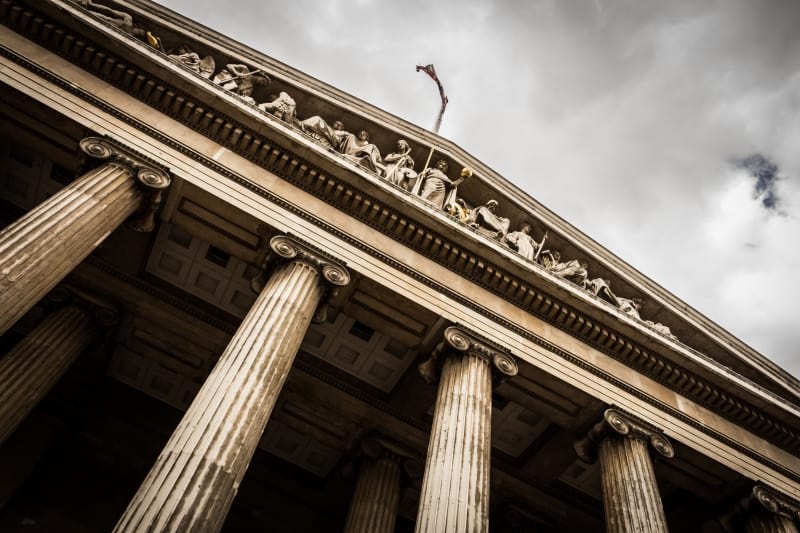Rajahmoney v Harrison: defendant’s application to adjourn clinical negligence trial due to ill-health refused

Written by Peter Yates.
This case is a short but useful reminder of the courts’ reluctance to adjourn trials, even in the face of genuine and substantial difficulties facing one party.
The claim arose out of the defendant hepatologist’s alleged negligence in 2014. It was said that he had negligently failed to send the claimant’s blood sample for testing which would have led to her being diagnosed with Wilson’s disease. She claimed that, with a diagnosis and treatment, she would have made a full recovery. In the event, she developed liver failure, and required transplants. The claim is valued at over £2 million.
Causation is not in issue, and the only issue on liability is breach of duty.
The matter is due for trial in May 2021. In October 2020 the defendant suffered a stroke, which was said to have affected his communication skills, and the speed at which he could process information. He is expected to make a good recovery in time.
The defendant applied to vacate the trial date, on the basis that it would be difficult for him to give evidence at trial, give instructions, and comment on the expert evidence. The claimant’s position was that the defendant could rely on his witness statement, and that the court could not be confident that the situation would be materially different at a future trial date. The claimant asserted that she would suffer prejudice if the trial were adjourned.
The application was refused. It was said that there is a balancing exercise between the prejudice to each party. The allegations dated back to 2014, and memories fade. It was said that the ability of experts to deal with the appropriate clinical standards of the time became more difficult with the passage of time. The issue in dispute turned on expert evidence, and to the extent that the defendant wished to put factual evidence before the court, he could do so in his witness statement. There was, it was said, prejudice to the claimant if there was a further delay. The case would be hanging over her for longer, and there would (if she was successful) be a delay in her receiving her damages.
The court dealt also with a separate application by the defendant for an extension of time in which to serve his expert evidence on quantum, the defendant having failed to comply with an earlier deadline. Although Covid-19 had made it difficult for expert examinations to take place, there was a need for lawyers and experts to be flexible in their ways of working. There had been no lack of compliance by the claimant; it was the defendant’s fault that there had been no remote appointment. However, although it is not entirely clear from the summary of the judgment which is currently available, it appears the defendant was granted the extension of time sought.










